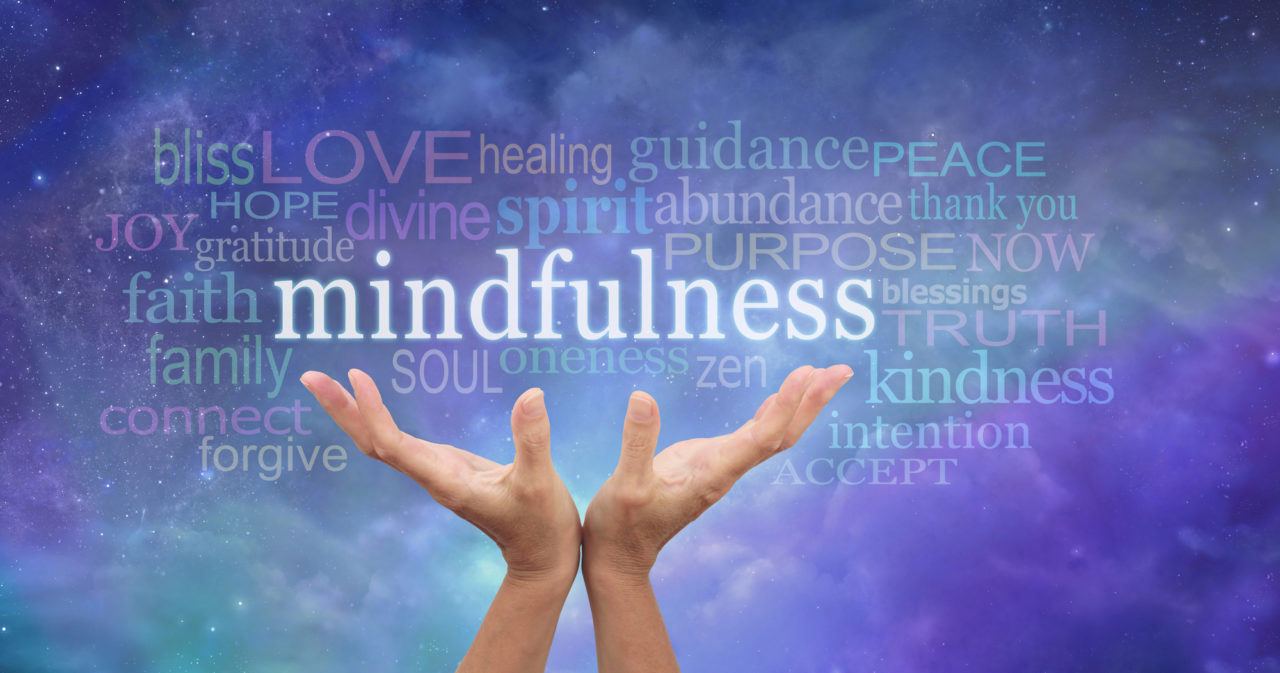
Part 1: What is Mindfulness Practice and How Can I Do It?
This is the first of a blog series we’re doing on mindfulness in uncertain times. With the arrival of the COVID-19 pandemic, we all suddenly find ourselves living in very chaotic and uncertain times. Though we may not be sick ourselves, or even have loved ones who are sick, we are all practicing social distancing, with many of us working from home or having suddenly lost our jobs. We are navigating being at home with our families, or if we live alone we may be struggling with feelings of loneliness and isolation. We may experience frequent bouts of anxiety and panic, fearing for our loved ones and for our livelihoods and the wider economic situation.
No matter who we are or what our situation, we are all affected because we are all interconnected. Indeed, this virus is showing us the true depth of our interconnection.
An Introduction to the Series
With this unprecedented level of chaos and uncertainty, stress is inevitable. And this is exactly what mindfulness practice is for: helping us deal with stress and uncertainty. Growing out of the ancient meditation traditions of India, mindfulness practice developed from the Buddhist understanding of the nature of suffering, which is rooted in impermanence, or the fact that all things change: we are born, we grow old, we get sick, and we die. As Jim Morrison said, “No one here gets out alive.”
This is the fundamental nature of our experience, and the COVID-19 pandemic is bringing this truth home to us in a big way. However, the Buddhist tradition also tells us that a good deal of our suffering actually comes from our resistance to change, and from our habitual tendencies to cling to the illusion of security and stability rather than accepting the reality of change. Mindfulness practice helps us to be with what is, with the reality to our situations, rather than to live in denial, which actually creates more suffering.
When we are faced with growing uncertainty about COVID-19 and the tumultuous changes to our lifestyle, we may find ourselves becoming increasingly resistant to accepting this situation for what it is, and wishing it to be different. While our resistance is understandable, it leads to a lot of anxiety and stress. Mindfulness provides us with a way to be more at peace with change since we shift our mindset from resistance to openness.
What is Mindfulness?
On a very basic level, mindfulness is simply about becoming fully present and aware of our moment-to-moment experience just as it is. You begin to tune into the physical sensations of your body, the activity of your mind, and the wider environment in which you find yourself. You practice mindfulness by sitting quietly, attending to your embodied experience and your breathing, and observing the activity of our minds—without actually trying to change anything!
Fundamentally, this is a practice of simply being with what is, or learning to be with ourselves, and to be present with whatever is occurring, without trying to pull it closer or push it away. It can be very challenging at first, especially if you are not used to sitting with yourself, and yet with time it can become a source of deep peace and equanimity. While mindfulness is an ancient practice, a wealth of contemporary research has demonstrated the many benefits of the practice for mental and physical health, such as relief from stress, anxiety, and pain, in addition to improved focus and creativity.
Mindfulness Techniques
There are many wonderful mindfulness teachings, practices, and podcasts available online, many of them free of charge and through apps like Insight Timer and UCLA Mindful (from the Mindful Research Awareness Center at UCLA). To begin a mindfulness practice, simply find a quiet place in your home where you can sit quietly for 5-10 minutes, either in a chair or on a cushion on the floor. Set a timer and find a sitting position where you can sit comfortably (with a posture that is relaxed but upright). Begin to observe, with a sense of openness and curiosity, your present-moment experience, including physical sensations, the movement of the breath, and the activity of your mind.
Again, it is important to remember that you are not trying to fix or change anything about your experience, but simply to be with yourself and with whatever is happening in this moment. If you become distracted with thoughts, you simply come back to the body and the experience of breathing, again and again.
To help get you started, I have recorded a free, five-minute guided mindfulness practice, which you can access using this link.
A little bit on a daily basis goes a long way. Rather than trying to sit for long periods of time, start with just a few minutes on a regular basis and build up from there. It may be very difficult at first, or it may feel very natural; everyone’s experience is different. But for myself and for millions of others over the past 2,500 years, the practice of mindfulness meditation has offered many lasting benefits. And in some sense, mindfulness becomes even more vital in these uncertain times. So if you’re feeling stressed and anxious, as we all are on some level in these times, try it out and see what happens.
The next post in the series focuses on practicing mindfulness with friends, family, and community. Read it here.
Melinda Rothouse, Ph.D. , is a career, creativity, and leadership coach with Coaching4Good. She is also a longtime mindfulness practitioner and teacher. Her new book, A Mindful Approach to Team Creativity and Collaboration: Creating a Culture of Innovation, was released in the fall of 2020 from Palgrave Macmillan.
, is a career, creativity, and leadership coach with Coaching4Good. She is also a longtime mindfulness practitioner and teacher. Her new book, A Mindful Approach to Team Creativity and Collaboration: Creating a Culture of Innovation, was released in the fall of 2020 from Palgrave Macmillan.
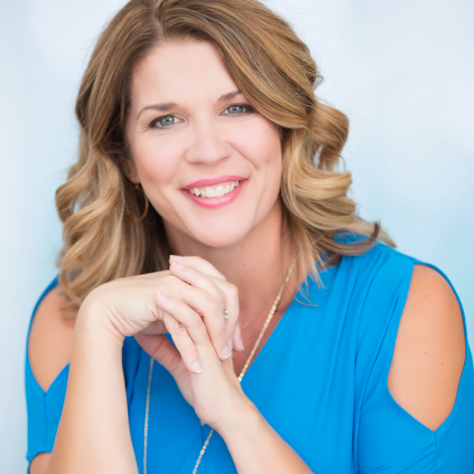
Michelle Poole
Michelle Poole is a dynamic certified executive coach and co-owner of Coaching 4 Good. She is passionate about re-invigorating the hearts and minds of those she works with to help increase their personal and organizational impact. Get started today by scheduling your free consultation!


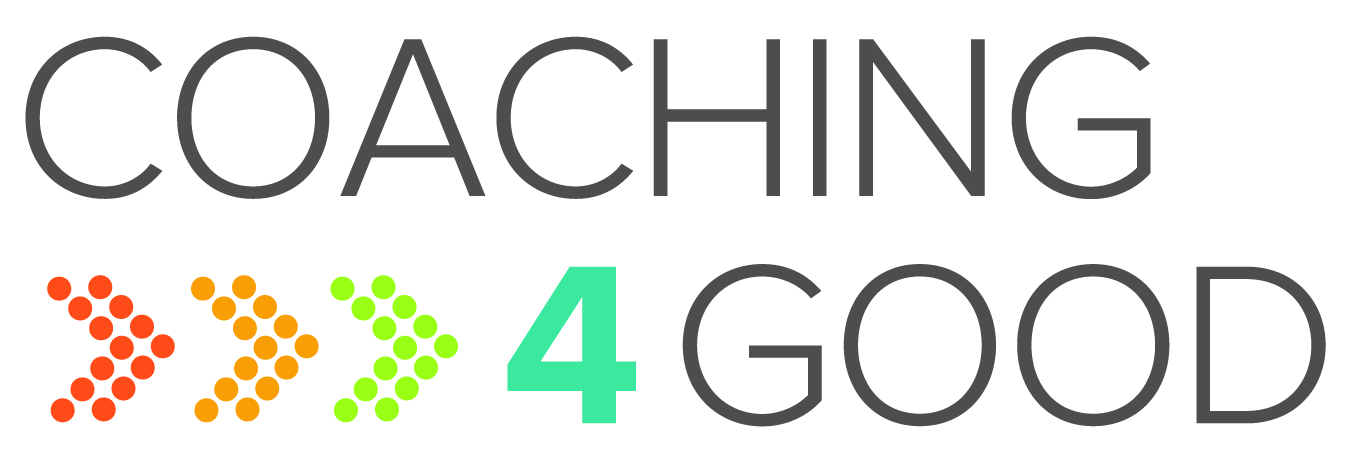

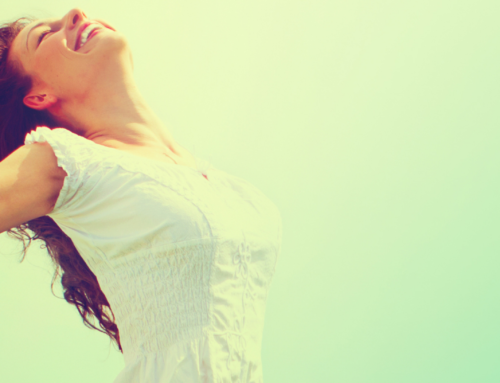
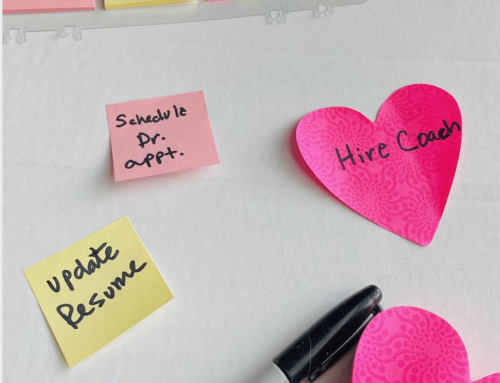
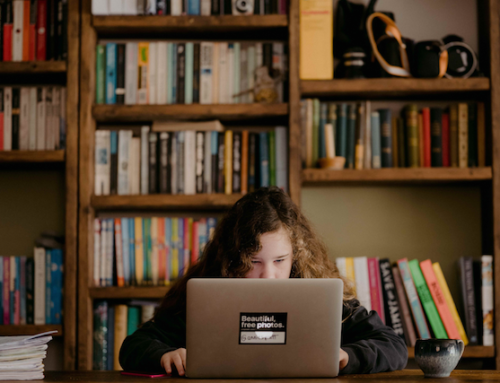

Stay In Touch